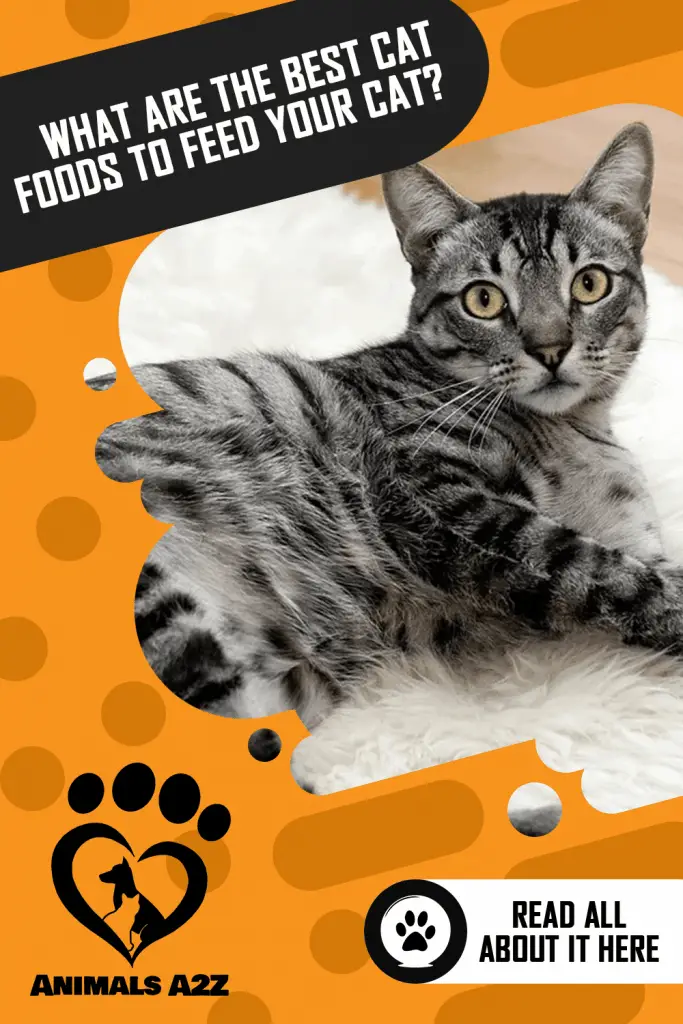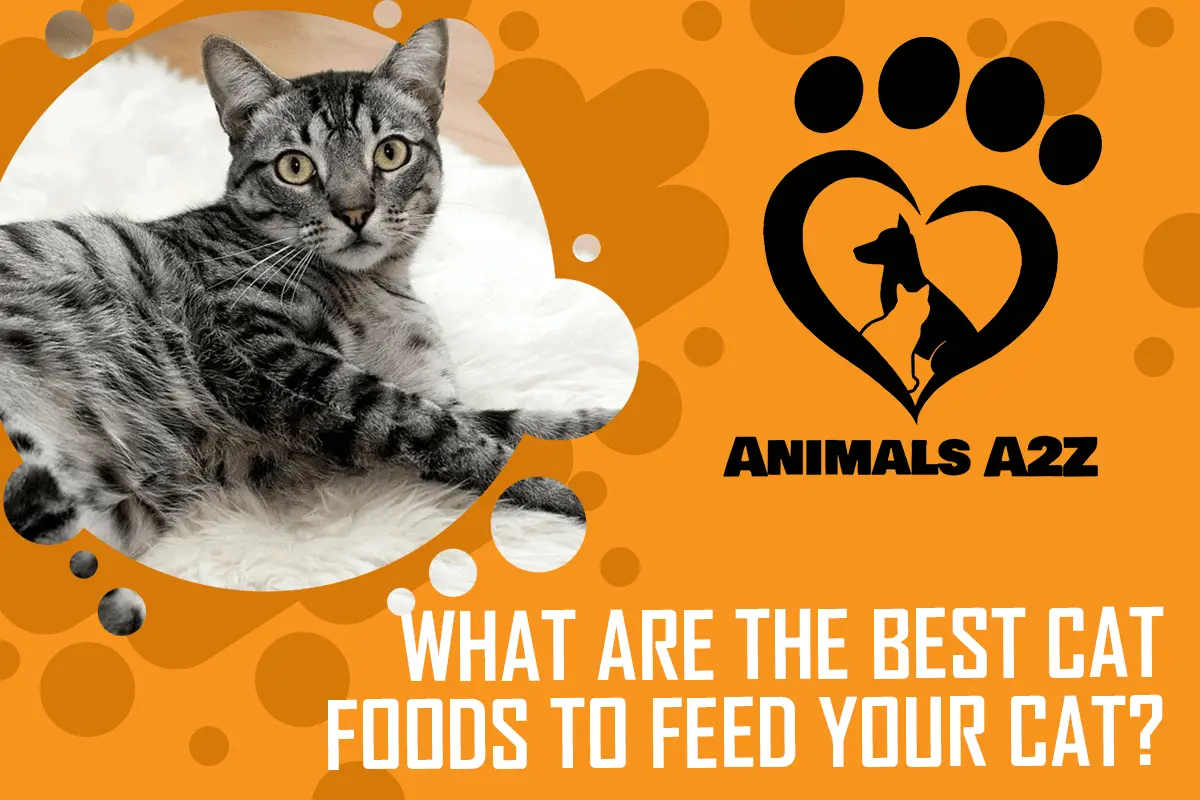Your cat’s nutrition is essential for overall health. But the plethora of brands, dietary options, as well as formulas available to people can be very confusing when it comes to deciding what kind of food is best for your cat’s health and wellness. In order to live a healthy and long life, your feline friend needs to have proper nutrition. Here are some of the most important things you should take into consideration when choosing for the most appropriate cat food.
Table of Contents
Understanding Cat Nutritional Requirements
There are a lot of cat food brands nowadays that can confuse you when you shop for the best cat food for your furry pal. So, to make things easier, it’s best that you look for these nutritional requirements when buying food for your cat. Just like all living creatures, cats also require these classes of nutrients:
Water Content
The most important nutrient in order to sustain your cat’s overall body function and most importantly, healthy cells, is water. Felines lose water through their:
- Urine
- Skin
- Lungs
- Feces
- Milk
Cats have also evolved to receive most water content in their diet by consuming wet cat food. That’s why the best cat nutrition includes a particular diet that’s rich in water and unprocessed proteins. Usually, canned foods for cats are formulated with high water content and can often contain up to eighty percent of this nutrition requirement per serving.
Essential Fatty Acids Content
Simply known as fats, essential fatty acids can be able to provide your cat with the most concentrated energy source of any nutrition requirement. Essential fatty acids can provide energy in cats, which makes carbs unnecessary in their diet. Fats also carry fat-soluble D, E, A, and K vitamins.
Protein Content
Protein is an important component of a cat’s nutrition that’s necessary for the support and maintenance of a cat’s overall health including:
- Tendons
- Ligaments
- Bone
- Muscle
Aside from that, most of the functional body components of a cat are made of proteins such as:
- Hormones
- Plasma proteins
- Neurotransmitters
- Enzymes
Vitamin Content
Vitamins are made by animals or plants that are vital nutrition components in cats since they help in regularly various body processes like:
- Supporting development and growth
- Boosting immunity
- Helping organs and cells function properly
There are 2 types of vitamins – water soluble and fat soluble. Fat soluble vitamins are processed as well as stored in fat cells. They’re more sustained release compared to water soluble vitamins and they also have acute levels of toxicity.
Mineral Content
Minerals are inorganic substances which are produced in water or soil and are consumed by animals or plants to regulate:
- Tissue structure
- Enzymes
- Acid-base balance
Just like vitamins, there’s no universally accepted requirement for mineral intake in cats, however, some data exist stating the need for these minerals to facilitate healthy functioning of the body:
- Magnesium
- Potassium
- Sodium
- Phosphorus
- Calcium
- Iodine
- Zinc
- Iron
- Copper
The overall balance diet of a cat is not only affected by the levels of every individual mineral, but also through the interactions between them. Because of that, it’s highly recommended that you consult your vet when choosing the best cat food or supplementation for your feline friend.
[crp]
Common Questions About the Best Cat Food to Feed Your Cat
What is the Best Diet for A Cat?
In the wild, cats would be eating high moisture, high protein, and organ or meat-based diet, with moderate levels of fat. A cat’s diet will contain approximately just 1 to 2% of carbs. On the other hand, the average dry cat food contains around 35 to 50% carbs. So, what’s best is to give your cat cooked meat or canned wet food as part of his daily diet.
What Meat is Best for Cats?
Cats are simply meat eaters. This means they have to consume meat to get protein from it and maintain a healthy reproductive system, good vision, and a strong heart. Cooked turkey, chicken, and beef are also a great way to provide your cat necessary proteins that can help them have a healthy and happy life.
Do Indoor Cats Need Wet Food?
Even though there are varying opinions on whether cats who stay indoor need wet cat food or are fine with just dry food, the general rule is that you should give your cat a diet with the high water level. The main advantage of wet cat food is that it can provide your furry pal the water level it needs that dry food cannot give.
Conclusion
Even though some cats are contented in eating just a single food, there are still some cats that might develop finicky eating habits as well as become very choose what cat food they will accept. Thus, feeding your feline friend 2 or 3 different foods provide variety in flavors and might prevent him from developing a constant preference for just one food. Just make sure that the variety of food you’re giving your feline friend has the nutritional requirement we have listed above.


